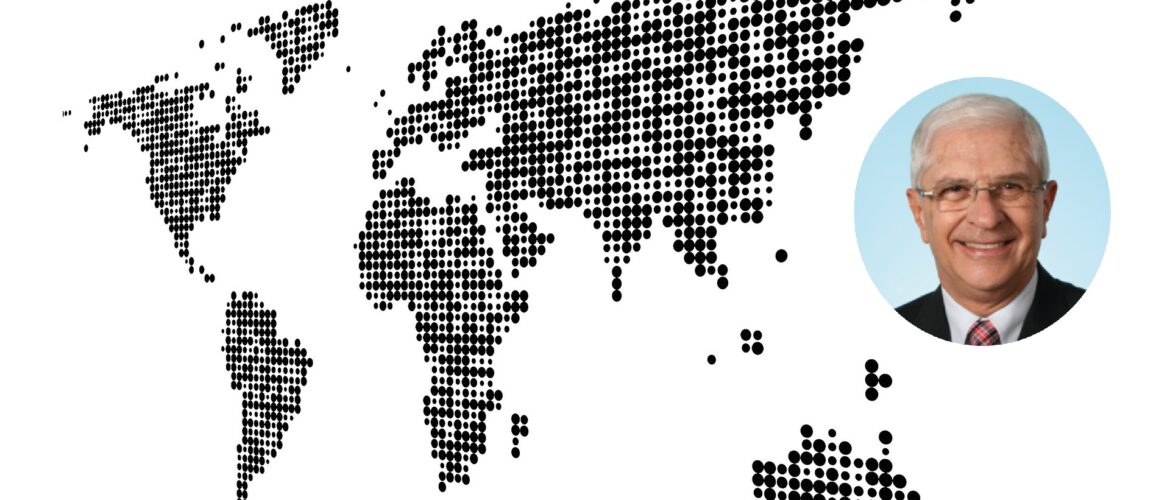Read our conversation with Antonio Bramante, a Professor at the University of Sorocaba (Brazil) who has been actively involved in the WLO since the late 1970s, and recently (re)joined WLO Board of Directors.
In one sentence: What does leisure mean to you?
Leisure is an optimal ludic experience within a possible captured space‐time. Its quality is linked to a set of knowledge, skills and attitudes. It is a way of life, an end in itself, which values the magic of the unexpected, the subjectivity of the unique experience, the wealth of dreams and the gratuitousness of human relationships in the fullness of existence.
What leisure projects, research and/or activities are you involved in?
During many years, I have been engaged in two major areas of interest: leisure management and professional preparation in this area.
How do you promote the development of leisure and leisure studies?
For the past seven years, I have been coordinating a group of studies and research in the area of Leisure Management with a major task of presenting up‐to‐date studies in this areas during the annual Brazilian Leisure and Recreation Conference (ENAREL).
How did you hear about WLO?
Even before I went for my doctoral degree at the Penn State University (1984‐1988), when I became a member of the World Leisure and Recreation Association (WLRA) I had the opportunity to participate in the organization process of the ALATIR (Asociación Latinoamericana de Tiempo Libre y Recreación), regional branch of WLRA (today WLO) during the late 1970s. I then participated in several world congresses such as in Lake Louise (Canada) in 1988, Sydney (Australia) in 1991, Cardiff (United Kingdom) in 1996, São Paulo (Brazil) in 1998 and in 2000 in Bilbao (Spain).
Why did you decide to become a member of WLO?
I served as Board Member of the former WLRA from 1990 until 1998. During this period I also taught at the Centre of Excellence in Holland and helped to bring the 5th WLRA Congress to São Paulo in the SESC at that time. After 20 years, I found that I could return to the WLO Board of Directors to share my international experience and serve in other positions to the best interest of the institution another period of three years.
What kind of synergies would you like to develop through your WLO membership?
The field of leisure studies has expanded considerably during the past 20 years in Brazil and Latin American countries. I feel that we can establish some strategic guidelines, written both, in Portuguese and Spanish, to attract more people from this region to the extraordinary services provided by the WLO.




